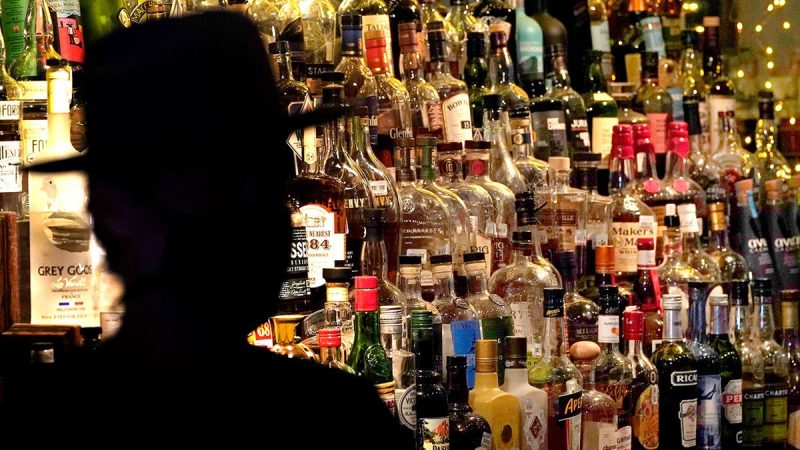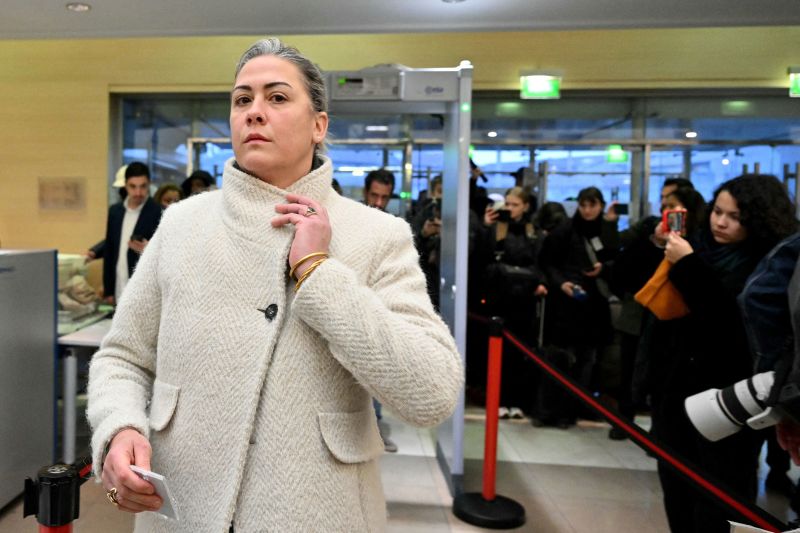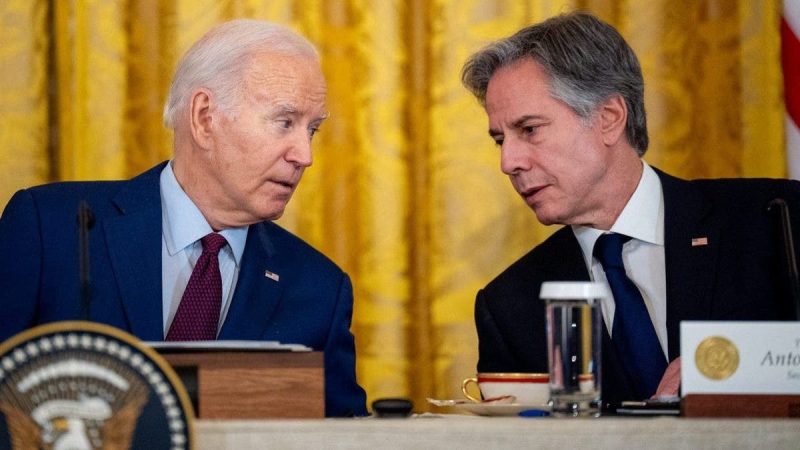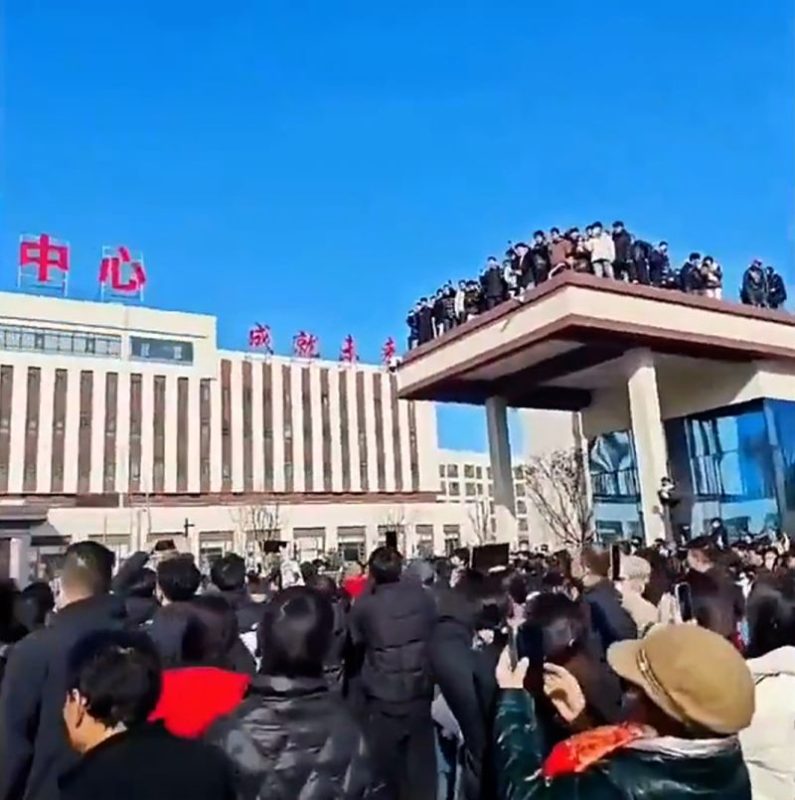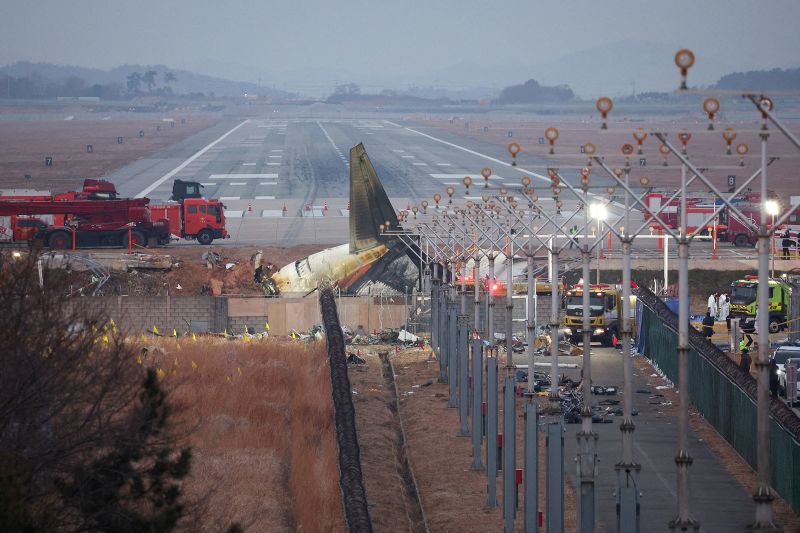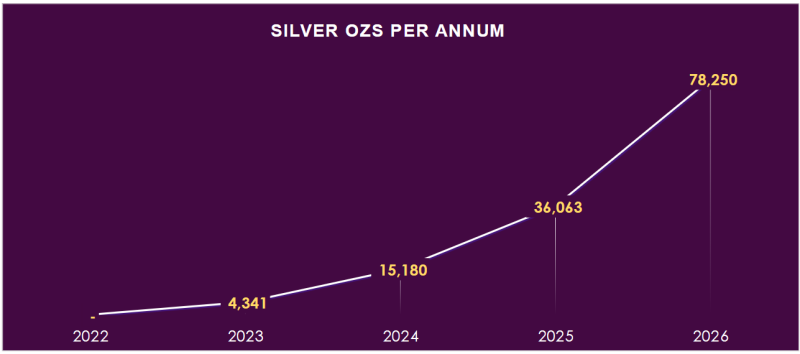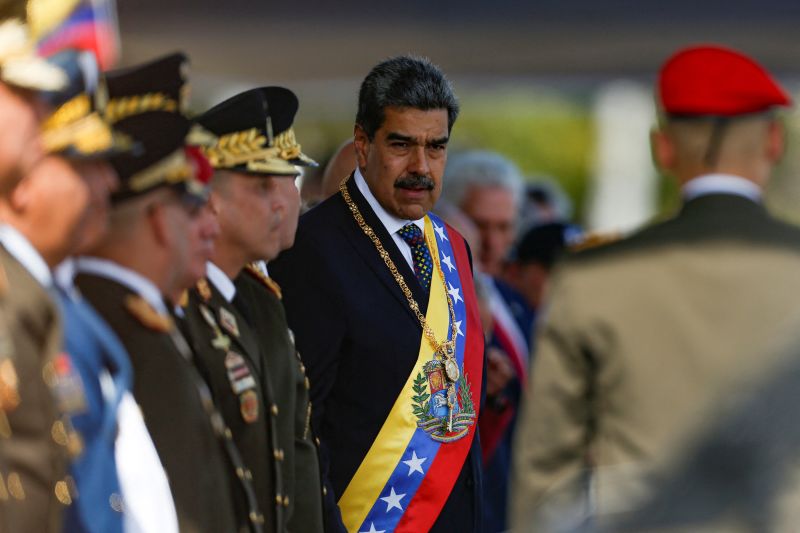
Venezuelans once again watched as Nicolás Maduro was sworn into office on Friday, donning the executive sash and declaring himself president despite irregularities and questions around his election.
He repeated his attacks against the United States and any foreign leaders who did not recognize his return to power and vowed to squash all of those who oppose him.
“I come from the people. The power I represent belongs to the people and I owe it to the people,” Maduro told allies and supporters in his inauguration speech.
For many Venezuelans, there will have been a sense of déjà vu as Maduro assumed his third six-year term in office following the contested July 28 election.
The country’s National Electoral Council, the body responsible for supervising and certifying the vote, which is stacked with some of his closest loyalists, had declared Maduro the winner without providing detailed evidence or data to support his victory.
But the opposition disputed the claim, releasing tens of thousands of voting tallies from around the country claiming that their candidate, Edmundo González, had actually won with 67% against Maduro’s 30%.
Several nations, including the United States, have since recognized González as Venezuela’s rightful president-elect and have issued new sanctions against Maduro and some of the country’s electoral authorities.
Fellow opposition leader Maria Corina Machado accused Maduro of a coup d’état in a video posted to social media after he was sworn in for the third time. She said that with his inauguration “they decided to cross the red line” and “they stomp on our constitution.”
“Today, Maduro did not put the presidential band on his chest, he put it on his ankle like a shackle that would tighten more every day,” she added.
A contested comeback
This is not the first time a Maduro victory has been called into question. In fact, every presidential vote in which he’s been a candidate, dating back to when he first took office nearly 12 years ago, has been disputed.
Maduro first became president following the death of his predecessor and mentor Hugo Chavez in March 2013. The larger-than-life populist strongman – who had enshrined himself in power for nearly 15 years as the anti-establishment leader and transformed the country under his socialist-leaning Bolivarian Revolution – had hand-picked Maduro as his successor.
Despite the endorsement, Maduro struggled in the polls and only beat his then-challenger Henrique Capriles by a razor-thin margin of 1.49%. It was considered at the time as one of the closest ballots in decades and the opposition claimed irregularities and fraud in the vote.
Capriles, who had run against Chavez six months earlier and lost by 12%, called for an audit with the National Electoral Council and appealed the results with the Supreme Court. Both bodies were stacked with Chavez and Maduro supporters and the opposition’s claims were discredited.
By the time Maduro’s second presidential election was scheduled to take place, Venezuela had fallen into a deep economic and political crisis. The once oil-rich country was suffering from hyperinflation and widespread economic woes. There were massive food shortages, rampant crime and millions of people had fled the country in fear and desperation.
Many opposition leaders, including Capriles, were banned from running for political office with some arrested or forced into exile due to trumped-up accusations and charges.
Maduro was reelected to his second term in May 2018, in what the opposition and many foreign leaders called a sham election due to the low voter turnout and an opposition boycott following the bans against its candidates. Only 46% of the country’s population participated in the vote, the National Electoral Council said at the time, and Maduro was sworn into office in January 2019.
Massive protests broke out in the streets of the capital Caracas and throughout the country, questioning his legitimacy and calling for him to step down. This was not the first time the country had seen protests, but they were heavily repressed by the Maduro-supporting National Guard, police forces and militia groups and led to several deaths, injuries and arrests.
Global leaders shun Maduro return
As Maduro takes office for the third time, he finds himself more isolated than ever.
His inauguration lacked the usual pomp and pageantry that normally surrounds the event. Cuba and Nicaragua were the only two countries with their presidents in attendance. Meanwhile, the ceremony itself was markedly lowkey in comparison to previous events, held in a small room of the National Assembly rather than the building’s main hall.
Protesters also returned to the streets of Venezuela and the country’s growing diaspora staged marches in Ecuador, Spain and Mexico, among other locations.
Biden administration officials met earlier this week in Washington DC with González, who was recognized by the US as Venezuela’s rightful president-elect.
González, who has been living in exile after being accused of terrorism by the Maduro government, had vowed to return to the country to challenge the inauguration but said the “conditions for his entry” were not met. He posted a video message to his social media accounts from the Dominican Republic, in which he also accused Maduro of staging a coup.
“Maduro has violated the Constitution, and the sovereign will of Venezuelans expressed on July 28,” González said. “He carried out a coup d’état and crowned himself a dictator.”
US President-elect Donald Trump issued a harsh warning against Maduro following reports that Machado had been briefly kidnapped following a protest. The Maduro government denied any involvement.
Shortly after the inauguration, the US announced a $25 million reward for information leading to the arrest of Maduro and his closest officials, including Interior Minister Diosdado Cabello. Washington also announced an 18-month extension of Temporary Protected Status for eligible Venezuelan nationals, which could benefit some 600,000 people living in the US.
Nearly 8 million Venezuelans have left the country over the last decade, the second largest displacement in the world, according to the International Organization for Migration (IOM).
The strongman leader may have succeeded in reclaiming Venezuela’s highest office but with so many – both at home and abroad – still questioning if he stole the election, he could find himself struggling for allies on the world stage.



